School savings club
The next School Savings Club paying in date is Thursday 17 May 2018 at 3.15-3.45pm.
If you’re unable to attend in person, please hand in any money to be deposited to the office in a sealed envelope addressed to Mrs Tiffany.
The paying in dates are the penultimate Thursday of each half term and the final date for the summer term is Thursday 12 July at 3.15-3.45pm.
Finally, if your child would like to open account, please ask at the office.
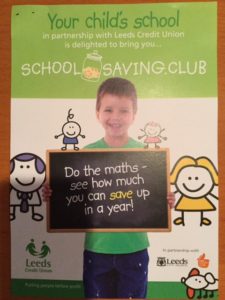
Living and Learning – Mindful Breathing
Today, as part of our Living and Learning lesson, we all took part in a few mindfulness activities. Over the last few weeks, the class have been thinking about how our emotions affect us and what we can do to help us cope with different types of feelings.
We know that people can experience conflicting emotions at different times, such as times of loss and change, stress and anxiety and the children have learnt to recognise when and how to ask for help.
Alongside asking for help, Year 4 thought about some strategies to help themselves when an emotion takes over. One idea that we have experiment with is to try some mindfulness techniques.
Mindful awareness exercises help children develop concentration and self-awareness.
Today we focused on our breathing.
In this exercise, the children were guided through a process of paying attention to their breathing.
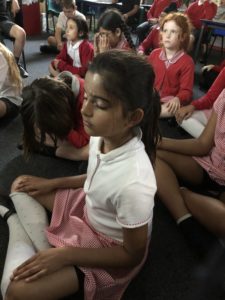
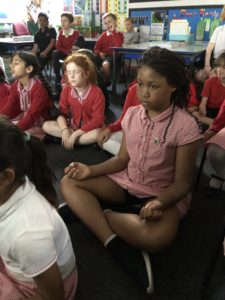
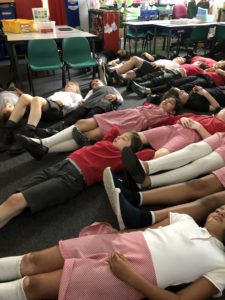
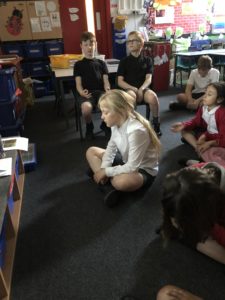
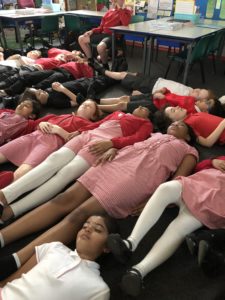
Ukulele
The children in Year 4 have a ukulele music lesson every week. They have been working hard to learn to play this stringed instrument. The tutor has taught the class all about the chords on a ukulele and some basic songs.
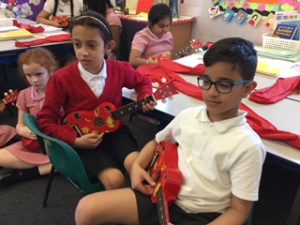
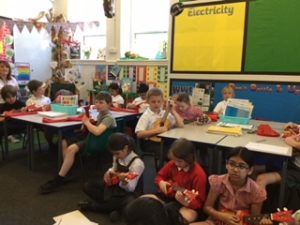
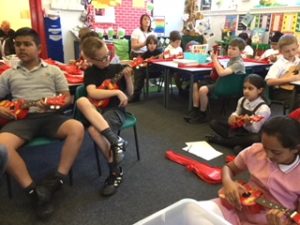
Big Pedal
Thank you to all pupils and families who took part in the Big Pedal initiative over the past two weeks by scooting or cycling to school. It’s great to see children continuing to make these active journeys to school to reduce congestion, increase physical activity and improve mental health. We’ll be awarding the Big Pedal prizes in our assembly on Friday.
Well done to Reception class who made the most journeys by bike and scooter, followed by Year 4 and Year 3.
We’ll also be getting involved with Walk to School week, 21-25 May. Watch out for a whole school homework all about our local area and routes to school.



Tennis open days this weekend
This weekend, is the Great British tennis weekend.

There are some great, free local opportunities to take part in tennis activities including David Lloyd, Alwoodley tennis club, Chapel Allerton lawn tennis and squash club and Adel tennis club.
Cycling opportunities
Have you been inspired by the recent Tour de Yorkshire and our Big Pedal bike and scoot to school initiative?
Here are some cycling opportunities coming up locally.
Children’s Beginners Learn to Ride Sessions
Wednesday 30th May – Carr Manor Community School (Secondary Phase)
Times: 9am, 10:30am and 12:00
Children’s Improvers – Skills, Circuits & Games!
Wednesday 30th May – Carr Manor Community School (Secondary Phase)
Time: 2:00pm
Booking is essential for all sessions and can be done by clicking on the appropriate link above. For any additional questions, please contact mary.kelland@cycleleeds.co.uk.

Let’s Ride Pop up Brownlee Centre
Sunday 13th May 2018 12:00pm
Brownlee Centre, Bodington Playing Fields, Leeds, LS16 6HE
This free monthly pop-up event gives you the chance to ride a traffic-free cycle circuit as many times as you want, at a pace that suits you.
The event is open to all ages and abilities and the circuit is easy to ride, with volunteers on hand throughout, ensuring peace of mind and safety for all cyclists.
For those wanting to take things up a gear, British Cycling Go-Ride coaches will also be available to help you improve your cycling skills, and local Ride Leaders and Breeze Champions will be there on the day to tell you more about other cycling opportunities in Leeds with HSBC UK Guided Rides and HSBC UK Breeze.
Bike hire: No bike, no problem! Bike hire is available on the day, including a fleet of tandems, trikes and hand-cycles. Simply register your free place and turn up on the day.
More residential photos
A few more photos taken on our recent visit to Herd Farm.
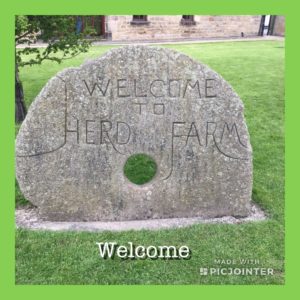
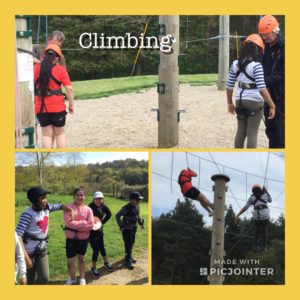
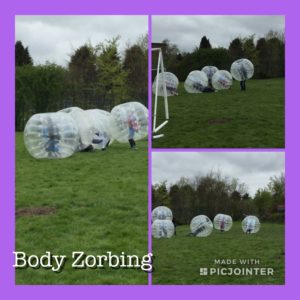
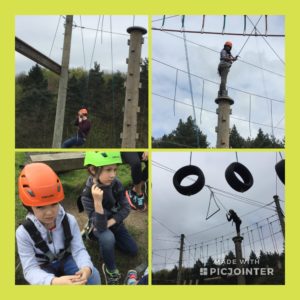
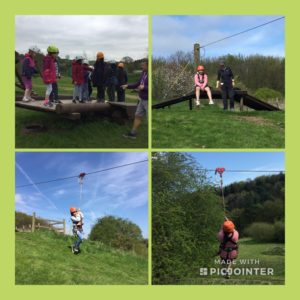
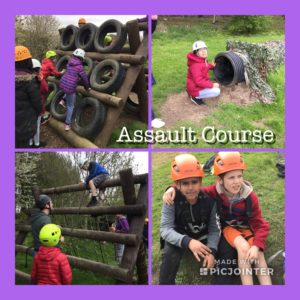
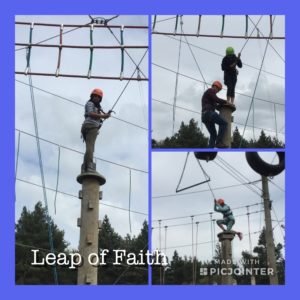
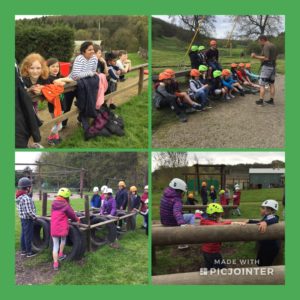
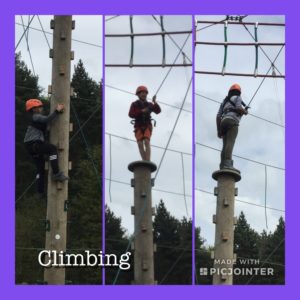

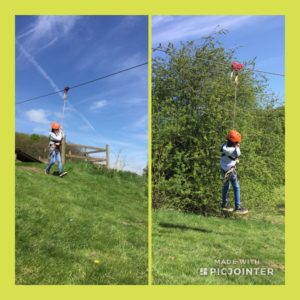
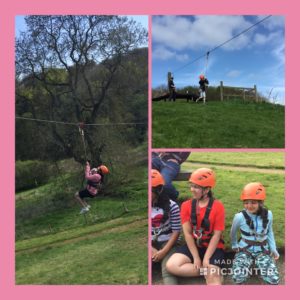
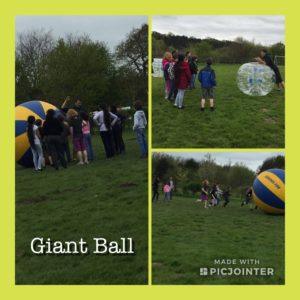
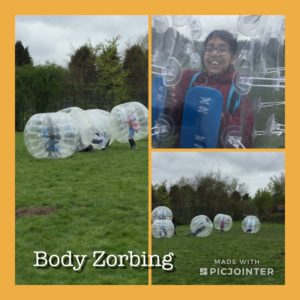
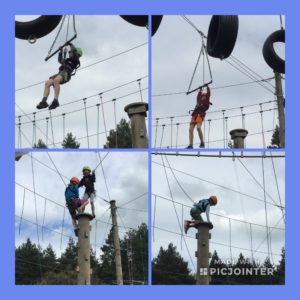
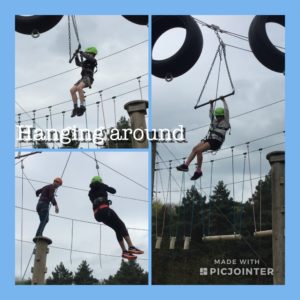
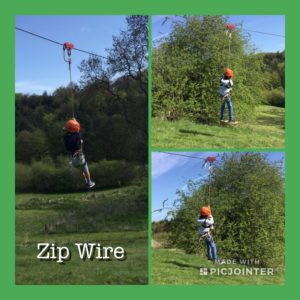
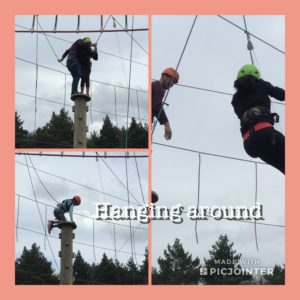
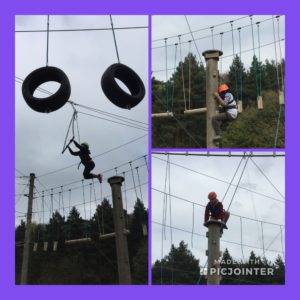
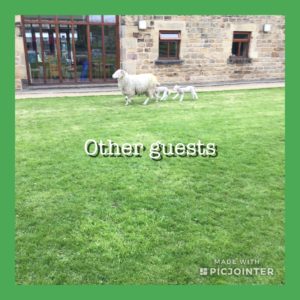
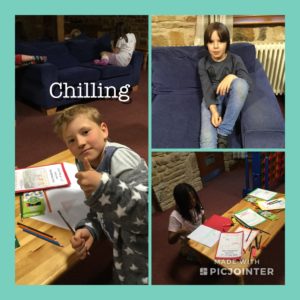
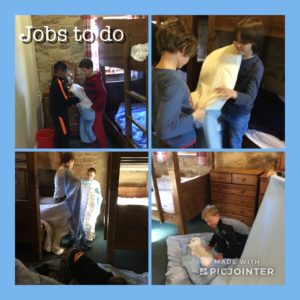
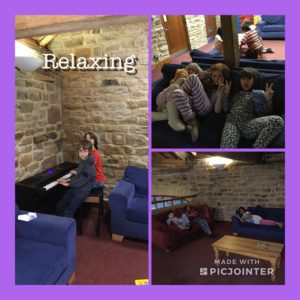
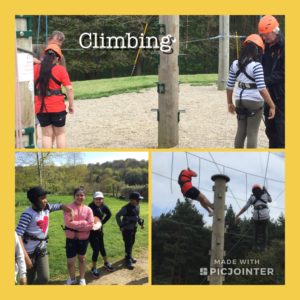
Residential
What an amazing few days we’ve had!
Year 4 were an absolute pleasure to take on residential. From the children, we saw great teamwork, resilience, (safe) risk-taking, maturity, kindness, good manners, stamina, determination, patience and I could list many more qualities.
All the staff had great fun alongside the children and thoroughly enjoyed the whole experience! Great weather too!
Below are the first selection of photos. There are more to follow.
Ask your child to explain what is happening in the pictures.
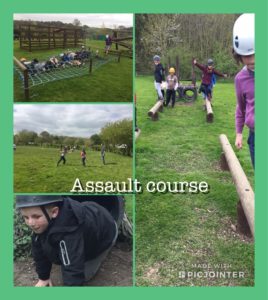
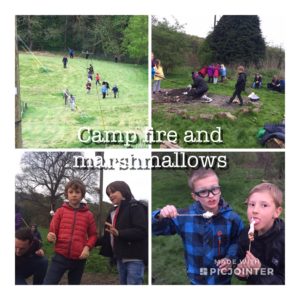
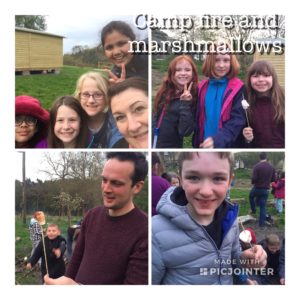
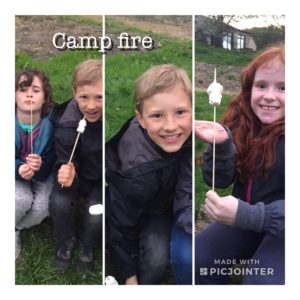
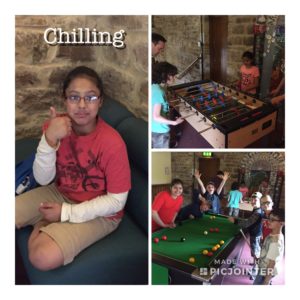
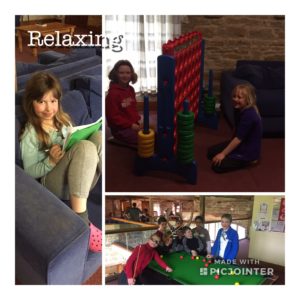
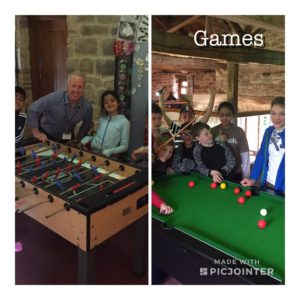
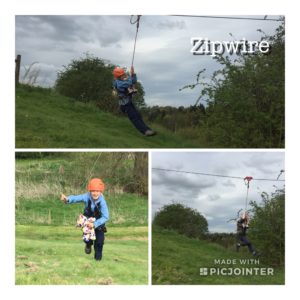
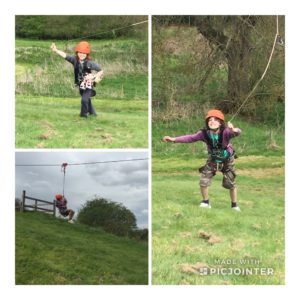
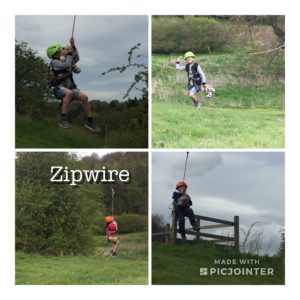
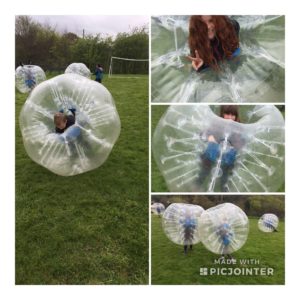
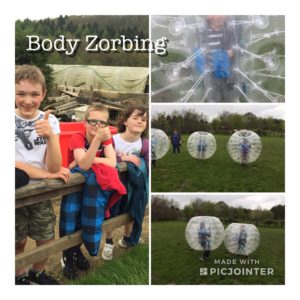
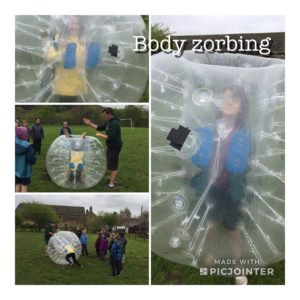
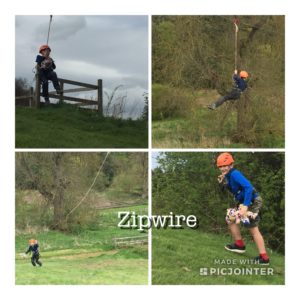
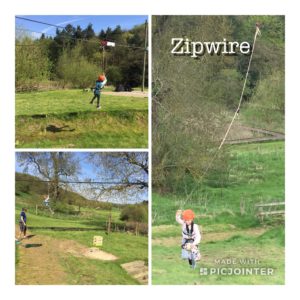
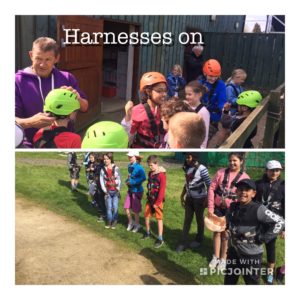
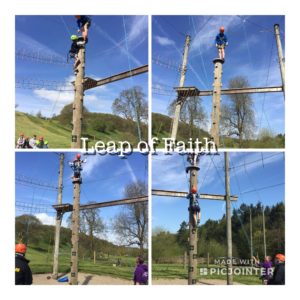
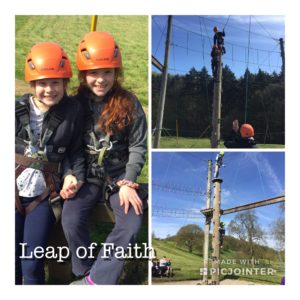
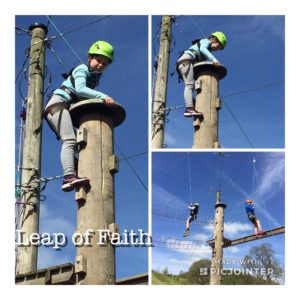
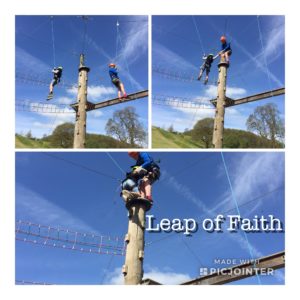
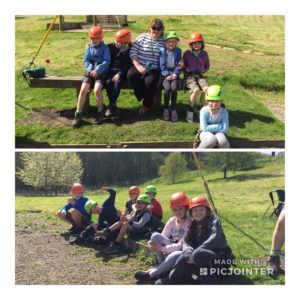
If you’re missing Y4…
…they’re not missing us! Look at the fun they’re having on residential at Herd Farm. The sun is shining and they are having an amazing time. Some great expressions of concentration but all having a lot of fun.
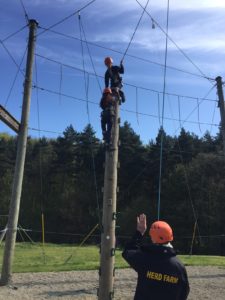
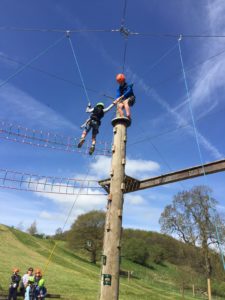
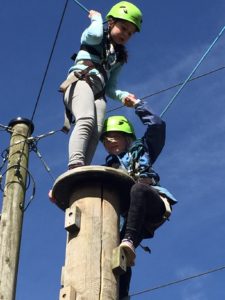
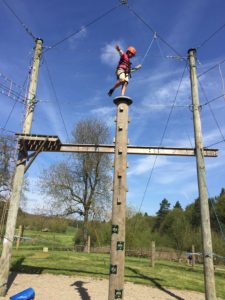
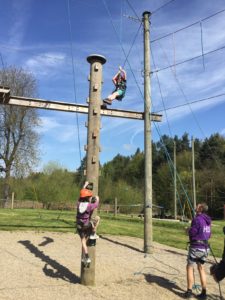
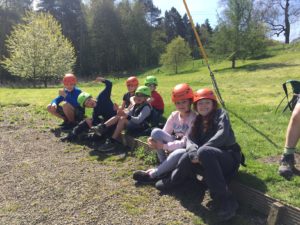
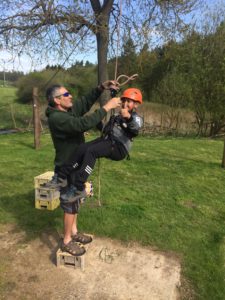
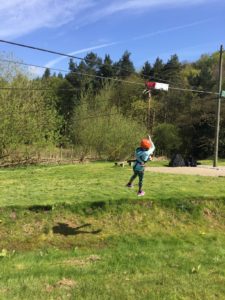
Girls Golf Rocks
A great opportunity to try out a new activity locally.
